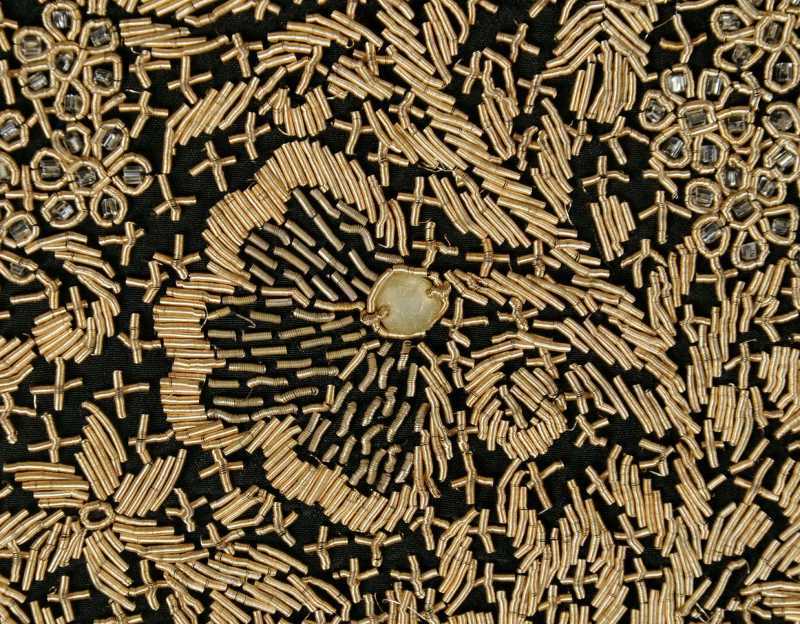===
350,
8
===

=== |
 |
man:zuur : 'Seen, looked at; visible; admired; —chosen; approved of, admitted, accepted; sanctioned, granted; —agreeable; acceptable; admissible; —designed, intended'. (Platts p.1078)
shoriidah : 'Disturbed (in mind), distracted, mad, frantic; desperately in love; faint; dejected'. (Platts p.736)
na:zar cha;Rhnaa : 'To take the eye or the fancy (of)'. (Platts p.1143)
FWP:
SETS == WORDPLAY
MOTIFS
NAMES
TERMS == DASTAN; DISCONNECTED; ELEGY; FLOWINGNESS; THEME; WORDPLAYThe wordplay is the real delight.